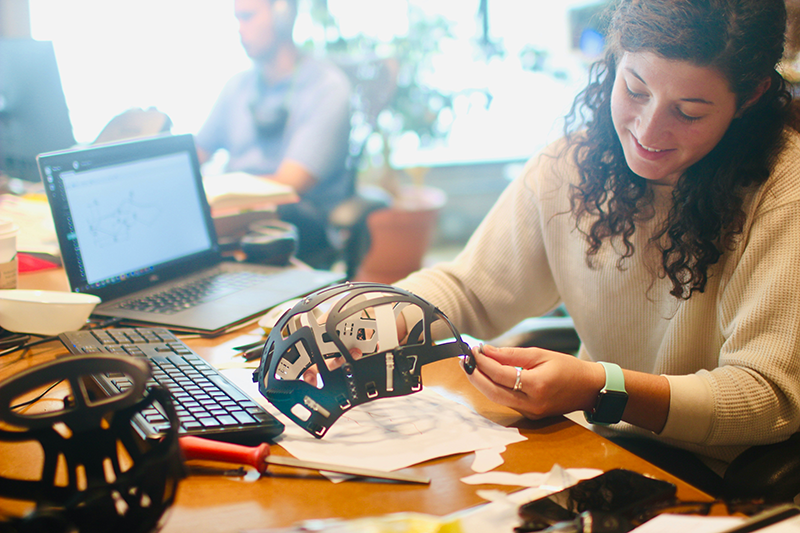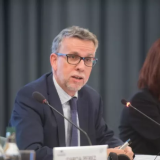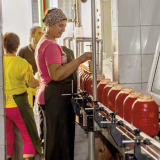
Warunki pracy i trwała praca
Warunki pracy i trwała praca to jedno z sześciu głównych działań w programie prac Eurofound na lata 2021-2024. Eurofound będzie nadal działać jako ośrodek wiedzy specjalistycznej, monitorujący i analizujący zmiany w tym obszarze, w tym także wpływ kryzysu związanego z COVID-19 na warunki pracy i jakość miejsc pracy, a także na praktyki stosowane w zakładach pracy.
W latach 2021-2024 Eurofound przedstawi ważne spostrzeżenia na temat wyzwań i perspektyw związanych z warunkami pracy i trwałą pracą w UE. W oparciu o długoletnią wiedzę fachową w tej dziedzinie Eurofound przyjrzy się trendom i dokonującym się z biegiem czasu postępom oraz wskaże pojawiające się problemy dotyczące warunków pracy i jakości miejsc pracy. Analiza obejmie różne kraje, sektory, zawody i grupy pracowników i będzie dotyczyć takich kwestii jak organizacja pracy i telepraca, czas pracy, równowaga między życiem zawodowym a prywatnym, równe traktowanie, zdrowie i dobre samopoczucie w miejscu pracy, umiejętności i szkolenia, zarobki i perspektywy oraz zadowolenie z pracy. Szczególny nacisk zostanie położony na niestandardowe formy zatrudnienia, w szczególności na samozatrudnienie.
W świetle wyzwań demograficznych stojących przed UE w związku ze starzeniem się społeczeństwa oraz rosnącą różnorodnością życia zawodowego, Eurofound będzie nadal badać czynniki umożliwiające większej liczbie pracowników dłuższy okres aktywności zawodowej. W centrum uwagi znajdzie się również poprawa jakości miejsc pracy jako czynnik sprzyjający większej aktywizacji zawodowej i motywacji pracowników oraz przyczyniający się do trwałej pracy w ciągu całego życia.
Powiązania między pracą a zdrowiem zostaną zbadane w ścisłej konsultacji z Europejską Agencją Bezpieczeństwa i Zdrowia w Pracy (EU-OSHA). Eurofound zamierza wykorzystać swoją współpracę z Międzynarodową Organizacją Pracy (MOP) analizując kwestie dotyczące przyszłości pracy i warunków pracy na poziomie globalnym.
- Infografika: Warunki pracy i trwała praca w UE
„Ogólnie rzecz biorąc, to dobra wiadomość, ponieważ warunki pracy w Unii Europejskiej poprawiają się – nawet jeśli dzieje się to bardzo powoli – ale istnieją obawy o to, że niekoniecznie dotyczy to wszystkich grup pracowników. Zależy to w dużym stopniu od tego, w jakim sektorze ktoś pracuje, a także od poziomu wykształcenia, a szczerze mówiąc także od tego, czy jest się mężczyzną czy kobietą”.
Barbara Gerstenberger, kierownik Działu ds. Życia Zawodowego
































